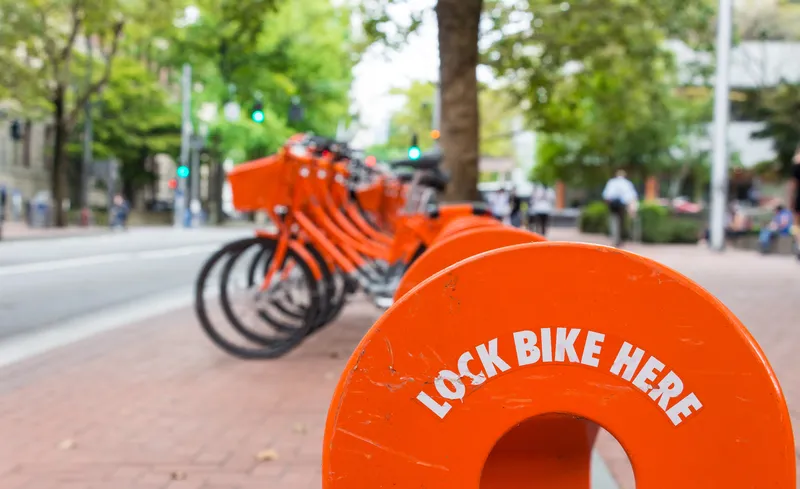Uruguay transit companies BUQUEBUS and CTS Auto have partnered with Chinese vehicle manufacturer, BYD to provide the first twelve metre rapid transit bus powered only by electricity in Uruguay and the region. The BYD electric bus integrates several technologies including two in-wheel electric motors capable of a cruising speed over 88 km/h and what it said to be the first of its kind, an environmentally-friendly iron-phosphate battery. This drive system provides a range of over 250 km (155 miles) – nearly t
May 23, 2013
Read time: 2 mins
Uruguay transit companies BUQUEBUS and CTS Auto have partnered with Chinese vehicle manufacturer, 5445 BYD to provide the first twelve metre rapid transit bus powered only by electricity in Uruguay and the region.
The BYD electric bus integrates several technologies including two in-wheel electric motors capable of a cruising speed over 88 km/h and what it said to be the first of its kind, an environmentally-friendly iron-phosphate battery. This drive system provides a range of over 250 km (155 miles) – nearly twenty-four hours of service daily for most transit applications. The BYD battery technology also allows for a full charge in less than five hours. The bus can be charged overnight, while the electricity pricing is lower.
The rechargeable battery system and electric motors developed by BYD engineers offer significant savings in both energy consumption and environmental pollution. The in-wheel-hub motors mean the BYD electric bus has the lowest floor of any bus, enabling easy access for people with reduced mobility, wheelchairs and baby strollers. The buses to be used in Uruguay are to be used on the tourist bus routes in the city of Colonia, although several long-distance BYD buses will shortly be deployed on urban transport routes.
The BYD electric bus integrates several technologies including two in-wheel electric motors capable of a cruising speed over 88 km/h and what it said to be the first of its kind, an environmentally-friendly iron-phosphate battery. This drive system provides a range of over 250 km (155 miles) – nearly twenty-four hours of service daily for most transit applications. The BYD battery technology also allows for a full charge in less than five hours. The bus can be charged overnight, while the electricity pricing is lower.
The rechargeable battery system and electric motors developed by BYD engineers offer significant savings in both energy consumption and environmental pollution. The in-wheel-hub motors mean the BYD electric bus has the lowest floor of any bus, enabling easy access for people with reduced mobility, wheelchairs and baby strollers. The buses to be used in Uruguay are to be used on the tourist bus routes in the city of Colonia, although several long-distance BYD buses will shortly be deployed on urban transport routes.









